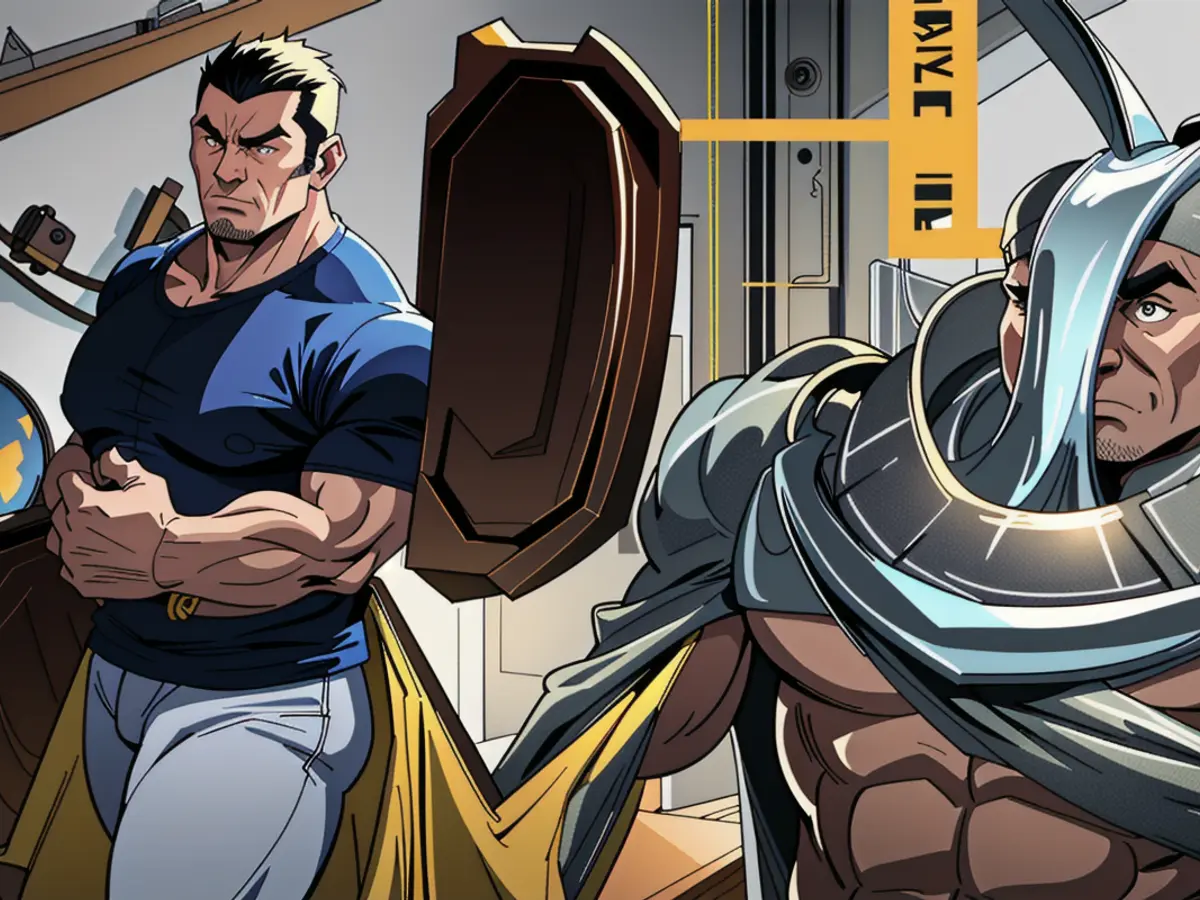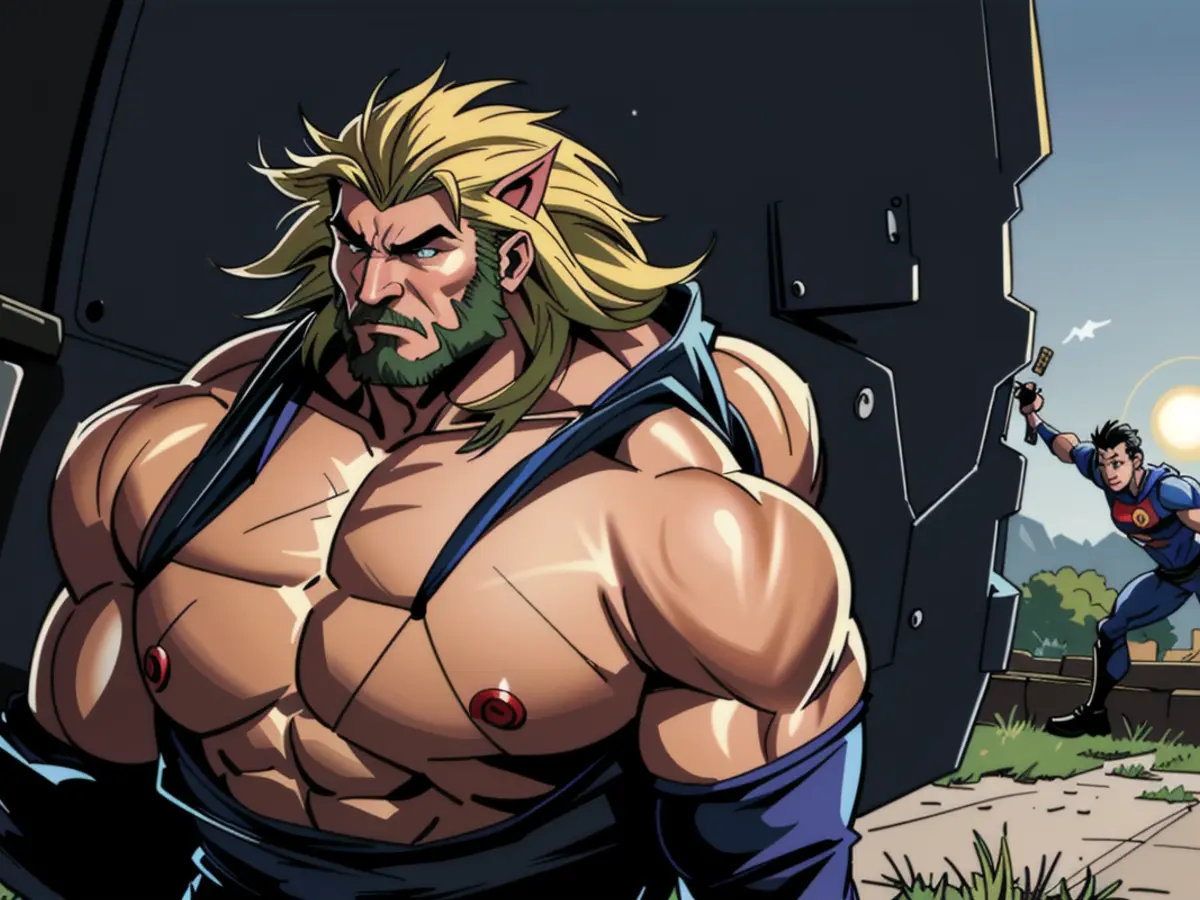Saving Prickly Pals: A Hedgehog Hospital's Intense Battle Against Lawn Mowers and Climate Change
Unconventional Medical Practice Led by Dr. Vacchetta
Deep in the heart of Piedmont's vineyards, a quirky Italian veterinarian named Massimo Vacchetta operates a unique sanctuary. Many of his patients are injured or troubled souls, victims of lawn mowers. One such patient, Cetto, had barely escaped death by the razor-sharp blades, weighed in at a mere 370 grams, and desperately needed help to breathe.
As the alarm on the incubator in the intensive care unit blared, Dr. Vacchetta sprang into action, providing Cetto with oxygen through a tube. But that wasn't enough. Dr. Vacchetta grew increasingly frantic, eventually administering an injection to the struggling infant. To the relief of all, Cetto's pulse returned to normal, and he curled up as hedgehogs are wont to do when they feel secure.
Welcome to La Ninna, a 300-year-old house transformed into a haven for hedgehogs in Novello, a village neighboring the world-famous wine town of Barolo. Dr. Vacchetta's hospital has treated nearly 4,000 hedgehogs over the years, and currently, 200 of these prickly patients call it home. While most are housed in comfortable cages, those in dire straits are placed under the watchful eyes of well-equipped incubators, regulated to around 25 degrees.
The facility is equipped with an emergency room, specialized hedgehog operating table, and a range of medical equipment, including blood analysis, laser, X-ray, and ultrasound machines. If there's something ailing a hedgehog, this hospital has the tools and expertise to provide its furry friends with a fighting chance at recovery.
From Misfortune to Resilience
These tiny creatures often find themselves in life-threatening situations, primarily due to human interference in their environment. They are run over by cars, like Cetto, or by lawn mowers, ingest poison, or swallow plastic. In recent years, climate change has upended their hibernation patterns, causing them to wake up during the winter months without adequate resources. According to Dr. Vacchetta, they are "lost" without human help.
Supporting Spiny Quadrupeds
The history of La Ninna goes back over a decade, when Dr. Vacchetta decided to transform a dilapidated house into a vacation home. However, his lifepath took an unexpected turn when his marriage ended, and he no longer felt fulfilled in his career as a veterinarian. He longed for a more meaningful way to serve animals, far removed from factory farming.
Fate intervened when a colleague showed him a tiny hedgehog baby weighing just 25 grams, whom the mother had abandoned. Dr. Vacchetta took the baby under his wing, named it Ninna, and discovered a newfound passion for these ancient, fascinating creatures. He soon made it his mission to care for the dying population of European hedgehogs.
From Leader to Legend
La Ninna has grown from a humble sanctuary to a full-fledged hospital, employing six full-time staff members and boasting an annual budget of €300,000 — a stark contrast to the volunteer-run hedgehog clinics found in the UK and Germany. The hospital runs on donations alone, with no government funding, ensuring its independence from politics.
Around the clock, volunteers ensure that the emergency hotline for injured or sick hedgehogs is staffed. People travel from all corners of the globe to seek help for their prickly friends, and Dr. Vacchetta, known as the "hedgehog doctor" due to his Instagram and Facebook fame, is more than happy to help.
His dedication and hard work have paid off, as evidenced by the first book about little Ninna that has been translated into twelve languages. He has even penned a comic with a foreword by "Queen" guitarist Brian May, and German actor Andreas Hoppe has contributed a foreword to the German version. Dr. Vacchetta views his life's work as part of a broader mission to help nature and people adapt to an increasingly challenging world.
A Whole New World
Upon recovery, most of the hedgehogs under Dr. Vacchetta's care are released back into the wild. Older hedgehogs unable to fend for themselves are moved to the "retirement home" on the hospital's third floor. Those that do not make it are either buried in the cemetery across the street or sent to the veterinary faculty of Turin University for scientific research.
Though it's not mentioned in the original article, it's worth noting that hedgehogs primarily subsist on insects, worms, and snails in their natural habitat. If they find themselves in a domestic setting, a feeding station with cat food or scrambled eggs can help sustain them. However, common household items like cow's milk and bread are not suitable for hedgehogs.
Habitat destruction and climate change are significant threats to the survival of hedgehogs and various other wildlife species. By supporting hedgehog-friendly gardens and preserving natural habitats, we can help ensure that these fascinating creatures continue to thrive for generations to come.
- The hospital, running without government funding and employing six full-time staff members, has a community policy that prioritizes independence from politics, just as it has an employment policy that ensures dedicated care for its prickly patients.
- Dr. Vacchetta, who earned the title of "hedgehog doctor" through his Instagram and Facebook fame, has collaborated with various individuals, such as the guitarist Brian May and German actor Andreas Hoppe, to raise awareness about the plight of hedgehogs in the face of climate change and habitat destruction.
- In addition to antibiotics and oxygen, the incubator in La Ninna's intensive care unit plays a crucial role in the recovery of critically ill hedgehogs, providing a stable environment that mirrors the cooler temperatures of their natural burrows, just as plastic waste and climate change pose threats that can require unconventional solutions akin to those found within an incubator.









